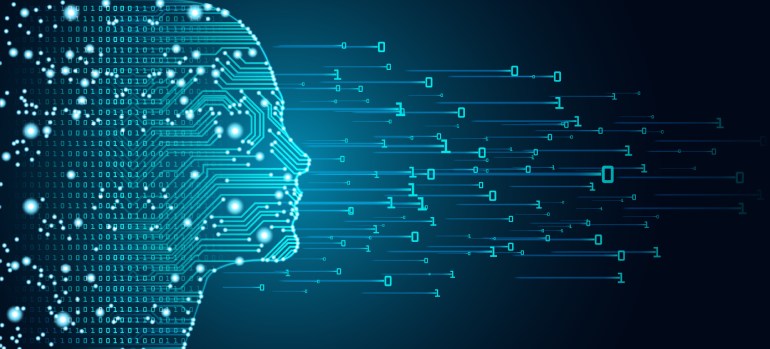 Artificial intelligence (AI) and machine learning arrived in industrial production a long time ago – at least in theory. In any case, it is undisputed that AI-based automation solutions will be the big topic in the coming years. However, the question arises as to how quickly the immense potential of this technology can be tapped for the producing industry.
Artificial intelligence (AI) and machine learning arrived in industrial production a long time ago – at least in theory. In any case, it is undisputed that AI-based automation solutions will be the big topic in the coming years. However, the question arises as to how quickly the immense potential of this technology can be tapped for the producing industry.
A survey by Longitude Research and Siemens revealed that more than half of business leaders assume that industrial plants, machines and critical infrastructures will be controlled by AI in the next five years, provided that the end-to-end digital networking of all components involved in production takes place. Once this hurdle has been cleared and the autonomous data exchange of all systems involved is ensured, the basis for intelligent production is created.
Act smart …
Even if digital networking is often not yet comprehensive, nothing stands in the way of the realization of isolated AI solutions today. One of the pioneers for intelligent production processes is industrial image processing, as a trip into space shows us how far advanced imaging is. From 2023, ten satellites equipped with ABB multispectral imaging systems will orbit the earth and map our planet's ecosystem. The system delivers first-class images with a resolution of up to five meters. An AI-based analysis system, managed by the satellite operator, evaluates changes on our globe – of a natural nature or caused by human intervention – in almost real time. Imaging is also crucial for AI-based robotics applications. For many years, vision systems have been the prerequisite for the autonomy and flexibility of robots. If robots are to act intelligently, powerful image processing is one of the basic requirements.
… with AI computing power
Other characteristics robots need to have for integration into intelligent production environments are image or force data. However, most robots today work blind by default. In the future, the integration of cameras and force sensors must be part of the scope of performance of a standard robot for the smart factory.
To be able to act autonomously, the virtual training environment is also crucial. In order for the real robot to be productive immediately, industrial robots need a digital twin to generate training data in the simulation. After all, robotics is always cycle time-critical, which means it requires real-time AI with low latencies. Therefore, AI with large computational resources is migrating from the cloud to the edge. This requires computing power in the robot controller to run and train AI models.
Overall, the megatrends of digital networking and artificial intelligence are ushering in a new era of automation. They enable the realization of highly flexible intralogistics and production concepts that were previously not possible.
By Daniela La Marca


